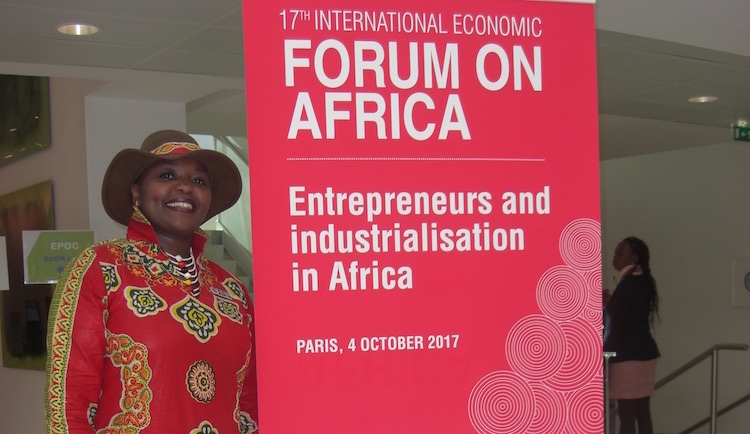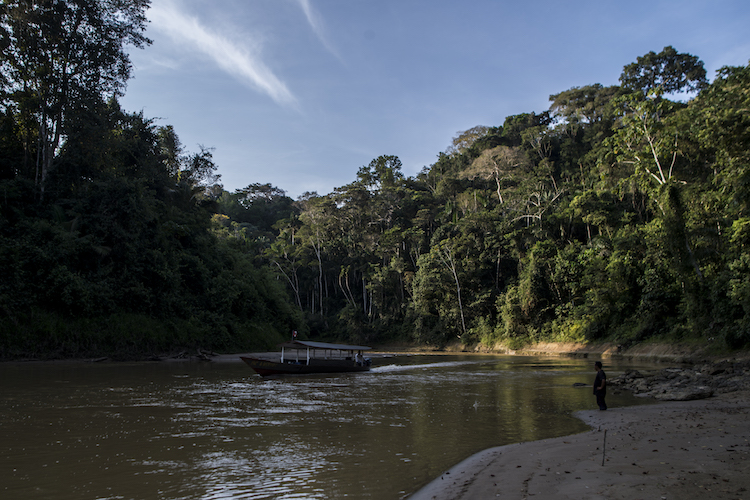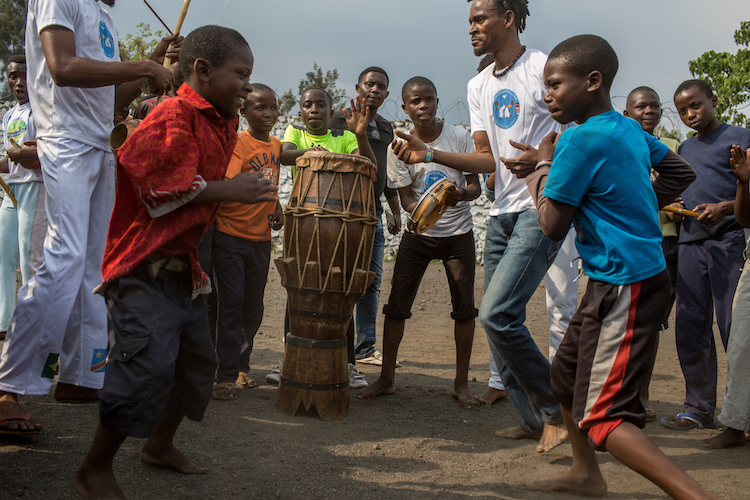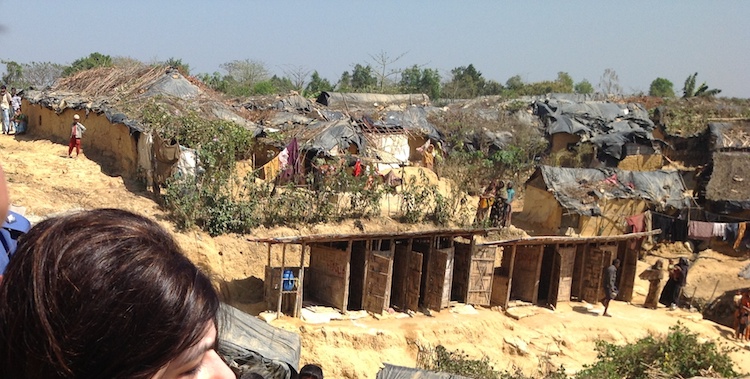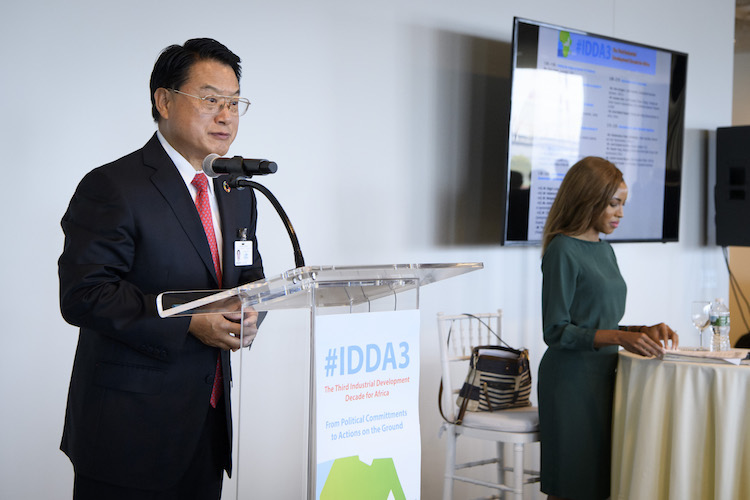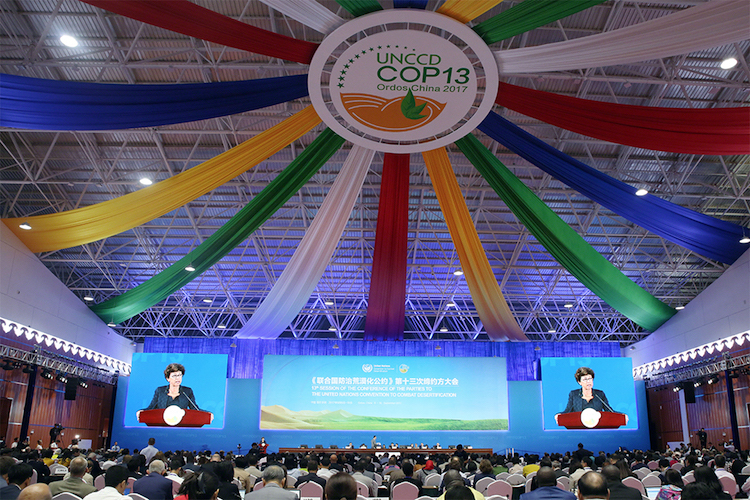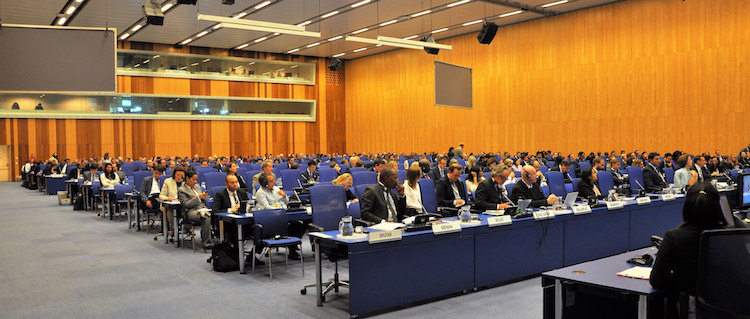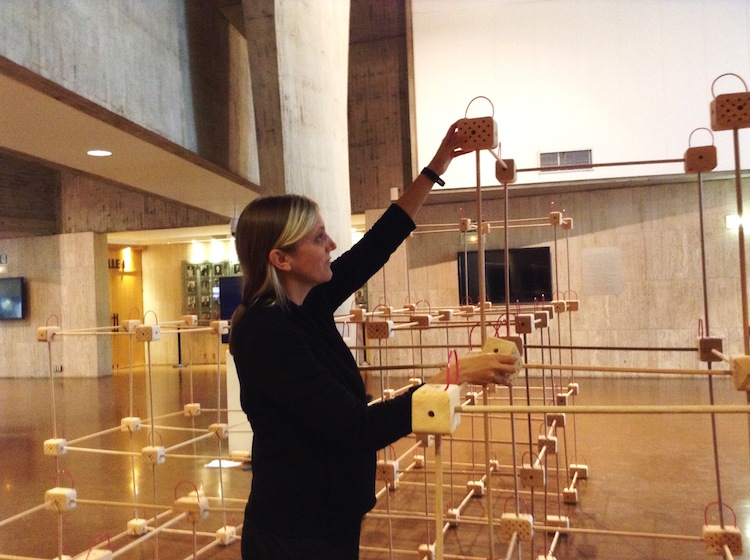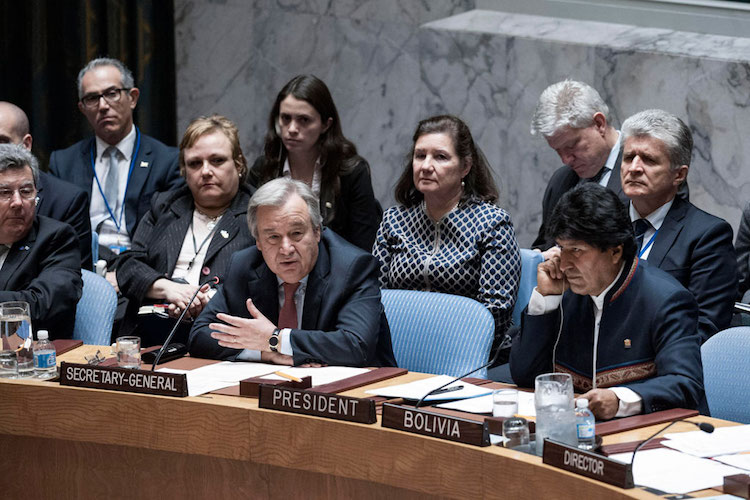
UN Chief Opts for Preventive Diplomacy Over Post-Conflict Peacekeeping
By Shanta Roy
NEW YORK (IDN) – Faced with an increasing number of unresolved political and military crises – including in Syria, Yemen, Afghanistan, Cyprus, Kashmir, Palestine, Sudan and the Democratic Republic of Congo (DRC) – UN Secretary-General António Guterres has appointed a High-Level Advisory Board on Mediation to guide him on the road ahead.
The primary mandate of the Board will be preventive diplomacy – based on the age-old axiom that prevention (diplomacy) is far better than the cure (post-conflict peacekeeping).
The creation of the new Board has been prompted mostly by the paralysis of the 15-member Security Council – the UN”s most influential body with power to declare war and peace – which remains deadlocked even as the five veto-wielding permanent members, namely the U.S., UK, France, Russia and China, are more pre-occupied protecting their own political, economic and military interests than saving the world at large. (P27) JAPANESE TEXT VERSION PDF | KOREAN TEXT VERSION PDF
…




